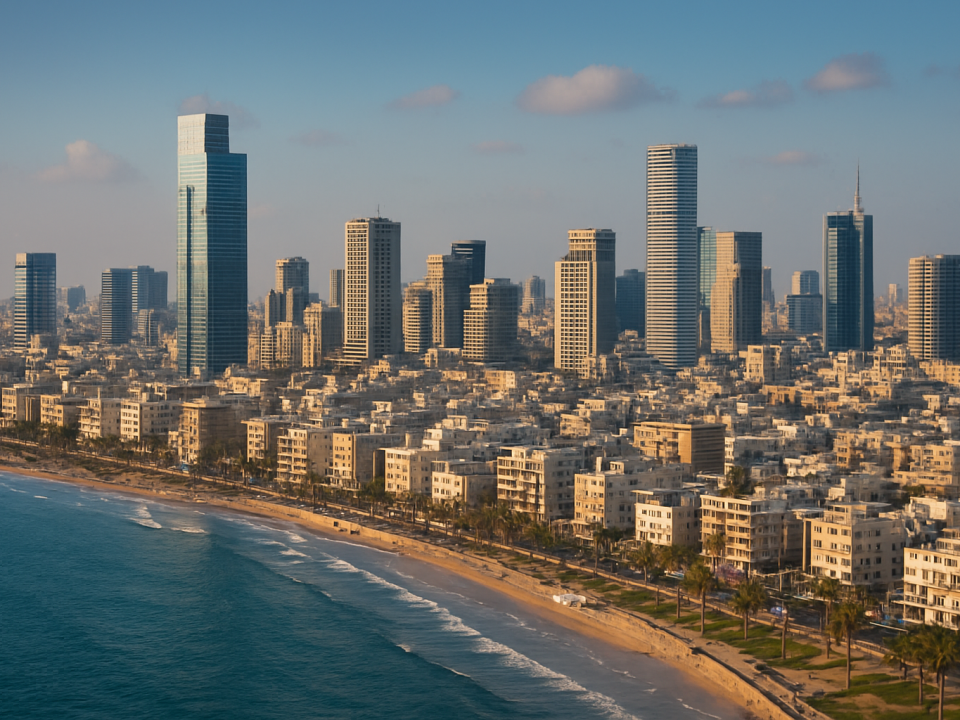
‘When the cannons roar, Israelis buy’: Real estate market thrives amid year-long conflict
November 16, 2024
The Map of Tel Aviv Metropolitan Transportation System
January 16, 2025The 1% increase will cost Israeli families an additional 1,000 to 2,000 shekels per year, according to estimates.

Israel’s Value Added (VAT) tax is set to increase from 17% to 18% starting Jan. 1, 2025. The tax applies to most products and services, excluding fruits and vegetables, and purchases in the resort city of Eilat, a duty-free zone.
It is part of the government’s effort to rein in a budget deficit that mushroomed to 8.1% of GDP due to the war.
The 1% increase will cost Israeli families an additional 1,000 to 2,000 shekels per year, according to estimates.
The VAT will have a significant impact on housing prices, especially for those planning to purchase new apartments.
In the near term, the tax may lead to a rise in the purchase of big-ticket this month before the VAT kicks in next month, followed by a drop-off in purchases and then a return to normal spending patterns.
As noted in a 2021 study published in the National Tax Journal on an increase in Japan’s VAT rate, “spending on a wide range of durables and storables surged in the months prior to the tax rate increase, fell sharply upon implementation, but returned to their previous long-run levels within a few months.”
Israeli consumers may also complete monthly payments of major appliances purchased prior to the tax hike as the new VAT will be applied to outstanding payments.

VAT is a consumption tax, meaning a tax on a good or service. It’s essentially a sales tax, only unlike a sales tax, which is collected at the point of sale from the consumer, the VAT is paid at every point of the supply chain on retail goods.
Take, for example, the construction of a typical bed frame. It would be taxed all along its production line as each company dealing with each stage of production is taxed, from harvesting the wood, to processing it, to providing specialized components, like upholstery fabric, up to the frame’s primary manufacturer.
The advantage from the government’s point of view is that the VAT produces a large, stable revenue spread across all types of businesses. Tax revenue from consumption doesn’t swing like that from income. It’s also easier to administer and harder to evade.
Nobel-prize winning economist Milton Friedman called VAT “the most efficient way to raise revenue for the government” and also “the most effective way to increase the size of government.”
Compared to Europe, where VATs range from 17% to 27%, Israel’s VAT falls on the low end. Hungary has the highest at 27%, and Luxembourg the lowest at 17%. The E.U. average in 2024 is 21.6%.
The content of this article is designed to provide the reader with general information and not to serve as legal or other professional advice for a particular transaction




